ap psych unit 2 vocab
1/122
Earn XP
Description and Tags
Name | Mastery | Learn | Test | Matching | Spaced | Call with Kai |
|---|
No analytics yet
Send a link to your students to track their progress
123 Terms
bottom-up processing
analysis of the stimulus begins with the sense receptors and works up to the level of the brain and mind

top-down processing
information processing guided by high level mental processes as we construct perceptions drawing on our experience and expectations
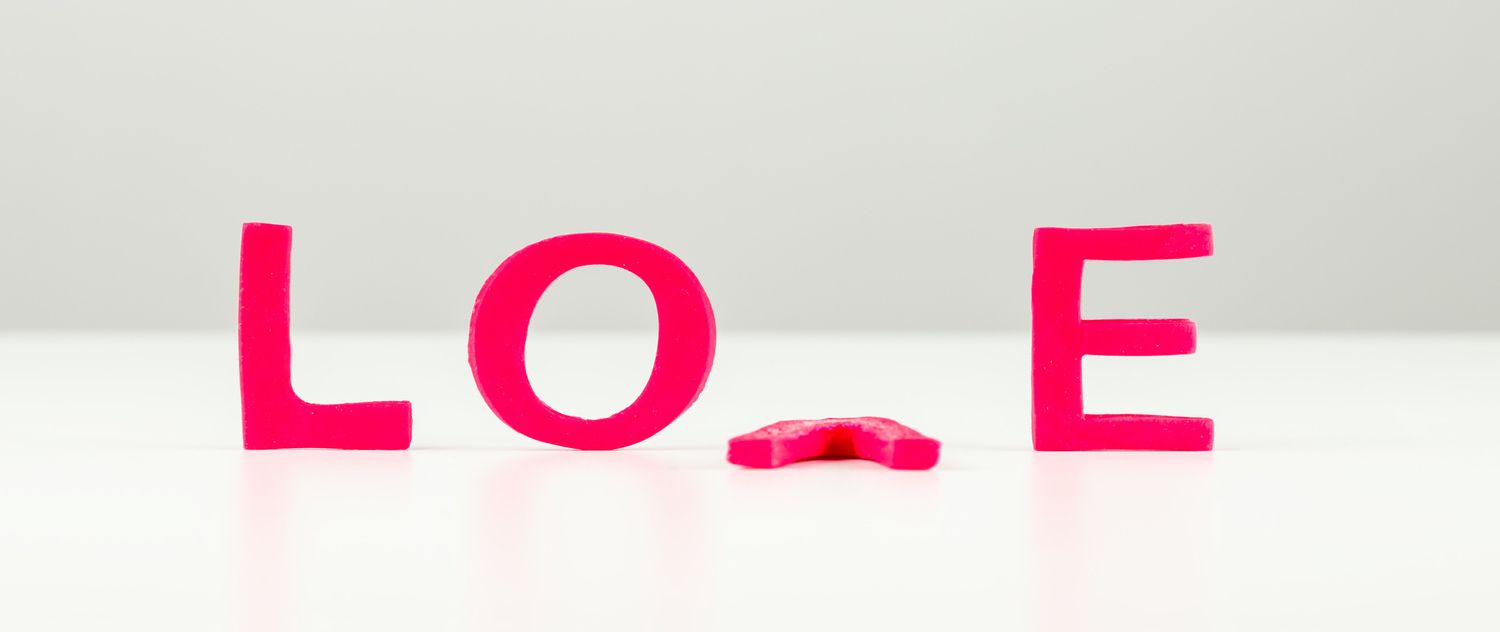
schema
a concept or framework that organizes and interprets information.
perceptual set
a mental predisposition to perceive one thing and not another.
gestalt psychology
an organized whole. gestalt psychologists emphasized our tendency to integrate pieces of information into meaningful wholes.
closure
the idea that your brain will fill in the missing parts of a design or image to create a whole

figure & ground
the organization of the visual field into objects that stand out from their surroundings.
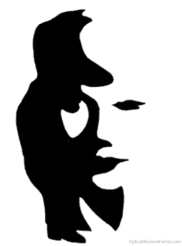
proximity
refers to how close elements are to one another. the strongest proximity relationships are those between overlapping subjects, but just grouping objects into a single area can also have a strong proximity effect
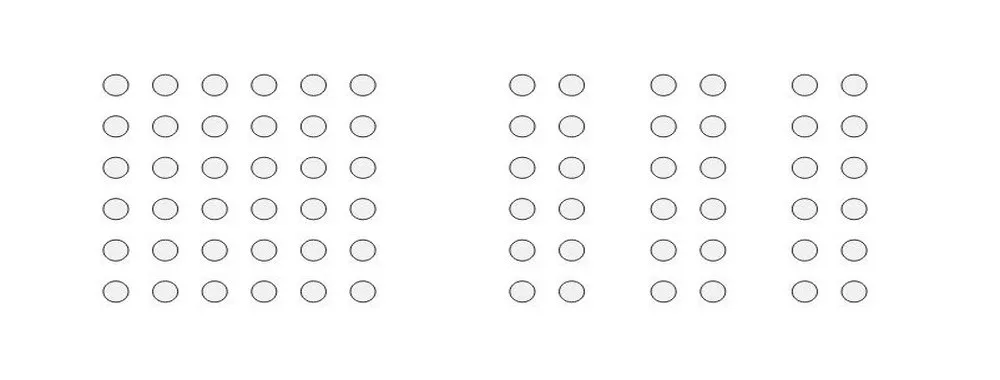
similarity
similar elements are visually grouped (color, shape, size, etc) regardless of their proximity to each other
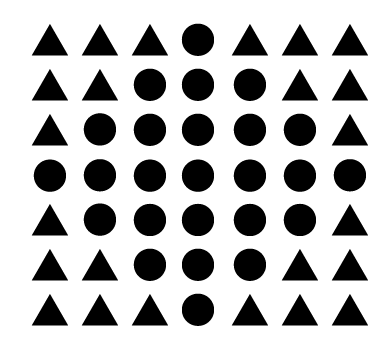
attention
focusing on one thing while ignoring other things that may be going on at the same time
selective attention
focusing conscious awareness on a particular stimulus.
cocktail party effect
the ability to focus one's attention on a particular stimulus while filtering out a range of other stimuli
inattentional blindness
failing to see visible objects when attention is directed elsewhere.
change blindness
failing to notice changes in the environment; a form of inattentional blindness.
binocular depth cues
depth perception, size, & distance through two eyes
retinal disparity
a binocular cue for perceiving depth. by comparing retinal images from the two eyes, the brain computes distance - the greater the disparity (difference) between the two images, the closer the object.
convergence
a cue to nearby objects’ distance, enabled by the brain combining retinal images.
monocular depth cues
a depth cue, such as interposition or linear perspective, available to either eye alone.
relative clarity
a monocular cue that helps people judge the distance of objects by their apparent sharpness and detail
relative size
a perceptual clue which allows you to determine how close objects are to an object of known size
texture gradient
indistinct (fine) texture signals increasing distance
linear perspective
parallel lines like railroad tracks, appear to converge with distance. the more the lines converge, the greater their perceived distance
interposition
objects that occlude (block) other objects tend to be perceived as closer
apparent movement
the sensation of seeing movement when nothing actually moves in the environment
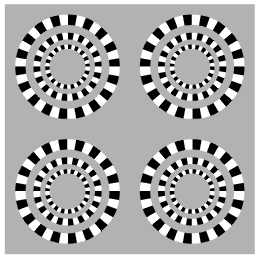
prototypes
a mental image or best example of a category. matching new items to a _____ provides a quick and easy method for sorting items into categories.
assimilation
interpreting our new experiences in terms of our existing schemas.
accommodation
in developmental psychology, adapting our current schemas (understandings) to incorporate new information.
algorithms
a methodical, logical rule or procedure that guarantees solving a particular problem.
heuristics
a simple thinking strategy—a mental shortcut — that often allows us to make judgments and solve problems efficiently; usually speedier but also more error-prone than an algorithm.
representativeness heuristic
judging the likelihood of events in terms of how well they seem to represent, or match, particular prototypes; may lead us to ignore other relevant information.
mental set
a tendency to approach a problem in one particular way, often a way that has been successful in the past.
priming
the activation, often unconsciously, of particular associations in memory.
framing
the way an issue is posed; how an issue is framed can significantly affect decisions and judgments.
gambler’s fallacy
a cognitive bias that adheres to the ideas that if something hasn’t happened recently it soon will
sunk-cost fallacy
a cognitive bias that makes you stay in a situation despite losing resources or benefits
executive functions
cognitive skills that work together, enabling us to generate, organize, plan, and implement goal-directed behavior.
creativity
the ability to produce new and valuable ideas.
divergent thinking
expanding the number of possible problem solutions; creative thinking that goes in different directions.
convergent thinking
narrowing the available problem solutions to determine the single best solution.
functional fixedness
tendency to think of only the familiar or typical functions for objects
availability heuristic
judging the likelihood of events based on their availability in memory; if instances come readily to mind (perhaps because of their vividness), we presume such events are common.
storage
the process of retaining encoded information over time.
retrieval
the process of getting information out of memory storage.
explicit memory
retention of facts and experiences that we can consciously know and “declare” (also called declarative memory)
episodic memory
explicit memory of personally experienced events; one of our two conscious memory systems.
semantic memory
explicit memory of facts and general knowledge; one of our two conscious memory systems.
implicit memory
retention of learned skills or classically conditioned associations independent of conscious recollection.
procedural memory
the most basic and primitive form of memory. for example, the process or procedure for riding a bike. once you've learned this, it is stored as a _____ memory
prospective memory
when you remember to perform an action at the appropriate time that you previously intended to accomplish. “remembering to remember” is another way to describe this type of memory
long-term potentiation
an increase in a nerve cell’s firing potential after brief, rapid stimulation; a neural basis for learning and memory.
working memory model
a theory that describes the brain's system for temporarily storing and manipulating information
primary memory system
a short-term store that reflects the current contents of consciousness
working memory
a newer understanding of short-term memory; conscious, active processing of both (1) incoming sensory information and (2) information retrieved from long-term memory.
central executive
a memory component that coordinates the activities of the phonological loop and visuospatial sketchpad.
phonological loop
a memory component that briefly holds auditory information.
visuospatial sketchpad
a memory component that briefly holds information about objects’ appearance and location in space.
long-term memory
the relatively permanent and limitless archive of the memory system. includes knowledge, skills, and experiences.
multi-store model
human memory has three different modes, and a separate control process accompanies each mode
sensory memory
the immediate, very brief recording of sensory information in the memory system.
iconic memory
a momentary sensory memory of visual stimuli; a photographic or picture-image memory lasting no more than a few tenths of a second.
echoic memory
a momentary sensory memory of auditory stimuli; if attention is elsewhere, sounds and words can still be recalled within 3 or 4 seconds.
automatic processing
unconscious encoding of incidental information, such as space, time, and frequency, and of familiar or well-learned information, such as sounds, smells, and word meanings.
effortful processing
encoding that requires attention and conscious effort.
encoding
the process of getting information into the memory system — for example, by extracting meaning.
levels of processing model
a cognitive psychology theory that describes how well information is remembered based on the depth of how it is processed
shallow encoding
encoding on a basic level, based on the structure or appearance of words.
deep encoding
encoding semantically, based on the meaning of the words; tends to yield the best retention.
mnemonic devices
memory aids, especially those techniques that use vivid imagery and organizational devices.
method of loci
involves imagining moving through a familiar series of locations with items to be remembered
chunking
organizing items into familiar, manageable units; often occurs automatically.
spacing effect
the tendency for distributed study or practice to yield better long-term retention than is achieved through massed study or practice.
memory consolidation
the neural storage of a long-term memory.
massed practice
training or learning sessions that are long and intense
distributed practice
a strategy of learning that makes use of smaller increments of study and practice (aka spaced practice)
serial position effect
our tendency to recall best the last items in a list initially and the first items in a list after a delay.
primacy effect
recalling best the first items in a list after a delay
recency effect
recalling best the last items in a list initially
short-term memory
briefly activated memory of a few items (such as digits of a phone number while calling) that is later stored or forgotten.
maintenance rehearsal
the process of repeatedly verbalizing or thinking about a piece of information
elaborative rehearsal
a memory technique that involves thinking about the meaning of the term to be remembered, as opposed to simply repeating the word to yourself over and over
memory retention
the process by which learning experiences are stored and retained over time
autobiographical memory
the memory system of a person's life built from a combination of experiences and general knowledge collected over a lifetime
retrograde amnesia
an inability to remember information from one’s past.
anterograde amnesia
an inability to form new memories.
alzheimer’s disease
a form of dementia, or decreasing mental capacity, most often seen in people older than 65. some of the earliest signs include memory loss and confusion
infantile amnesia
the inability of human adults to remember episodic experiences that occurred during the first few years of life (generally 0–3 years) and the tendency to have sparse recollection of episodic experiences that occurred before age 10
recall
a measure of memory in which the person must retrieve information learned earlier, as on a fill-in-the-blank test.
recognition
a measure of memory in which the person identifies items previously learned, as on a multiple-choice test
retrieval cues
stimuli that help people get information from long-term memory… think of these cues like “search terms” one would use on an internet search engine or “clues” to help find your stored memories
context-dependent memory
recall is stronger when a subject is present in the same environment in which the original memory was formed
mood-congruent memory
tendency to recall experiences that are consistent with one’s current good or bad mood.
state-dependent memory
memory retrieval is most efficient when an individual is in the same state of consciousness as they were when the memory was formed
testing effect
enhanced memory after retrieving, rather than simply rereading, information. also referred to as a retrieval practice effect or test-enhanced learning.
metacognition
cognition about our cognition; keeping track of and evaluating our mental processes.
forgetting curve
a diagram that shows the initial drop in retention of info & evens out over time
encoding failure
we cannot remember what we did not encode
proactive interference
the forward-acting disruptive effect of older learning on the recall of new information.
retroactive interference
the backward-acting disruptive effect of newer learning on the recall of old information.
tip-of-the-tongue phenomenon
inability to recall a word or idea while knowing it is in your memory
repression (psychodynamic)
in psychoanalytic theory, the basic defense mechanism that banishes from consciousness anxiety-arousing thoughts, feelings, and memories.